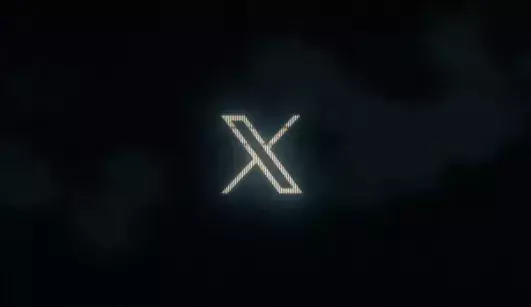In a landscape dominated by digital communication, Brazil’s reinstatement of X (formerly Twitter) has ignited conversations around freedom of speech, misinformation, and governmental authority. For nearly a month, approximately 20 million users were left without access to their preferred social media platform after Brazil’s Supreme Court ordered a suspension based on concerns over specific accounts disseminating false narratives about the country’s electoral integrity. As X resumes operations, the implications of this reinstatement are as layered as the nature of the debates surrounding it.
The saga began when Brazilian officials sought to remove accounts promoting the baseless claim that the country’s 2020 presidential election had been “stolen,” a narrative that undermined democratic processes and had serious political ramifications. The emphasis on removing these accounts stemmed from a responsibility to safeguard the integrity of information in the public sphere. This action was not only about curbing fake news; it was also about preserving trust in governmental institutions at a time when global democracy faces unprecedented challenges.
Amidst these developments, Elon Musk, known for his staunch advocacy for free speech, stood firmly against complying with the Brazilian government’s requests. Initially, his resistance to the governmental orders was framed as an ideological battle against censorship, marking a clear dichotomy between the principles of open dialogue and the perceived need for regulatory oversight. This situation placed Musk and X at the center of a heated debate over the role of social media platforms in moderating content—a role that many believe should not rest entirely on the shoulders of corporations.
The Corporate Dilemma: Compromise or Principle?
X’s decision to comply with the Brazilian authorities’ orders to remove certain accounts highlights a critical corporate dilemma: balancing ethical principles with practical business needs. Initially, Musk portrayed the government’s demands as overreach, a sentiment that resonated with advocates of unfettered speech but eventually proved to be a costly stance. During the suspension period, X faced financial implications that likely pushed the company back toward compliance. This begs the question: can a social media platform maintain its ideological stance in the wake of economic pressure?
While Musk’s commitment to freedom of expression is commendable, it raises significant concerns about accountability. The failure to adequately manage misinformation could lead not only to socio-political unrest but could also damage the broader perception of social media as a responsible mediator of information. Compliance in this case may seem like capitulation, but it also reflects an understanding that unchecked freedom can have tangible consequences.
For the average user, X’s return offers a respite—a chance to reconnect with a platform previously restricted. However, this revival comes with nuanced implications for their online engagement. The return does not simply restore access; it reinvigorates conversations around trust in information and the responsibilities of users and platforms alike. As many Brazilians migrated to platforms like Threads and Bluesky during X’s suspension, the transition back may also signal a shift in user expectations, where platforms are increasingly held accountable for the content they host.
This expansion of user consciousness highlights a pivotal moment for social media consumption in Brazil. Users may now take a more critical stance toward the information they encounter, cultivating a landscape where discernment is essential. Therefore, the effect of X’s reinstatement will extend beyond pure user numbers; it may present an opportunity for Brazilian users to advocate for better content moderation policies.
As X resumes its operations in Brazil, the broader conversation about the nexus of free speech and government regulation persists. The recent developments emphasize the intricacies involved in moderating digital platforms, especially in politically charged environments. Whether this reconciliation signifies a cautious acceptance of regulatory oversight or a temporary compromise remains to be seen.
With Musk at the helm of discussions over freedom of expression, the task ahead lies in navigating the turbulent waters of misinformation and governmental influence. The Brazilian example serves not only as a case study but also as a reminder of the evolving role of social media in a democratic society. As the digital landscape continues to evolve, both platforms and users will bear the responsibility of fostering an environment that values transparency, truth, and dialogue over sensationalism and division.


Leave a Reply